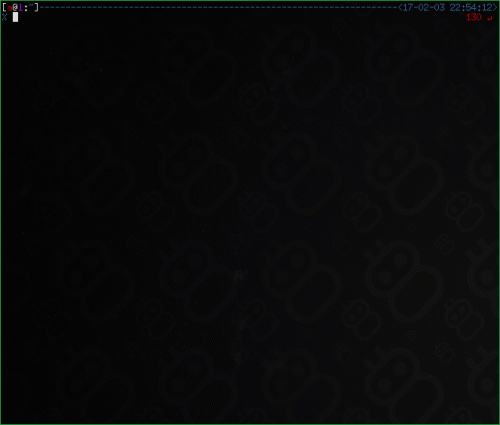Composer is great as it is. It’s even greater with all those plugins that people have created for it. But for when I’ll need to write my own, I’m sure I’ll find this blog post quite handy – “A Composer plugin development environment“.
Category: Programming
A big part of my work has to do with code. I’ve worked as system administrator – installing, patching, and configuring someone else’s code. I’ve worked as independent programmer, writing code on my own. I also programmed as part of the team. And on top of that, I worked as Team Leader and Project Manager, where I had to interact a lot with programmers. Programming world on its own is as huge as the universe. There is always something to learn. When I find something worthy or something that I understand enough to write about, I share it in this category.
wuzz – interactive cli tool for HTTP inspection
Visualising complex APIs using API Map
Suhas Chatekar explains how they use API maps to visualizing complex APIs, resources those API expose and how those resources relate to each other.
If only there was a tool that would help with this …
Things Every Hacker Once Knew
Eric Raymond goes over a few things every hacker once knew.
One fine day in January 2017 I was reminded of something I had half-noticed a few times over the previous decade. That is, younger hackers don’t know the bit structure of ASCII and the meaning of the odder control characters in it.
This is knowledge every fledgling hacker used to absorb through their pores. It’s nobody’s fault this changed; the obsolescence of hardware terminals and the near-obsolescence of the RS-232 protocol is what did it. Tools generate culture; sometimes, when a tool becomes obsolete, a bit of cultural commonality quietly evaporates. It can be difficult to notice that this has happened.
This document is a collection of facts about ASCII and related technologies, notably hardware terminals and RS-232 and modems. This is lore that was at one time near-universal and is no longer. It’s not likely to be directly useful today – until you trip over some piece of still-functioning technology where it’s relevant (like a GPS puck), or it makes sense of some old-fart war story. Even so, it’s good to know anyway, for cultural-literacy reasons.
The article goes over:
- Hardware context
- The strange afterlife of the outboard modem
- 36-bit machines and the persistence of octal
- RS232 and its discontents
- UUCP, the forgotten pre-Internet
- Terminal confusion
- ASCII
- Key dates
Found via a couple of other interesting bits –
What we still use ASCII CR for today (on Unix) and
How Unix erases things when you type a backspace while entering text.
Defensive BASH Programming
If you write any Bash code that lasts more than a day, you should definitely read “Defensive BASH Programming” and follow the advice, if you haven’t already. It covers the following:
- Immutable global variables
- Everything is local
- main()
- Everything is a function
- Debugging functions
- Code clarity
- Each line does just one thing
- Printing usage
- Command line arguments
- Unit Testing
All that with code examples and explanation of importance.

